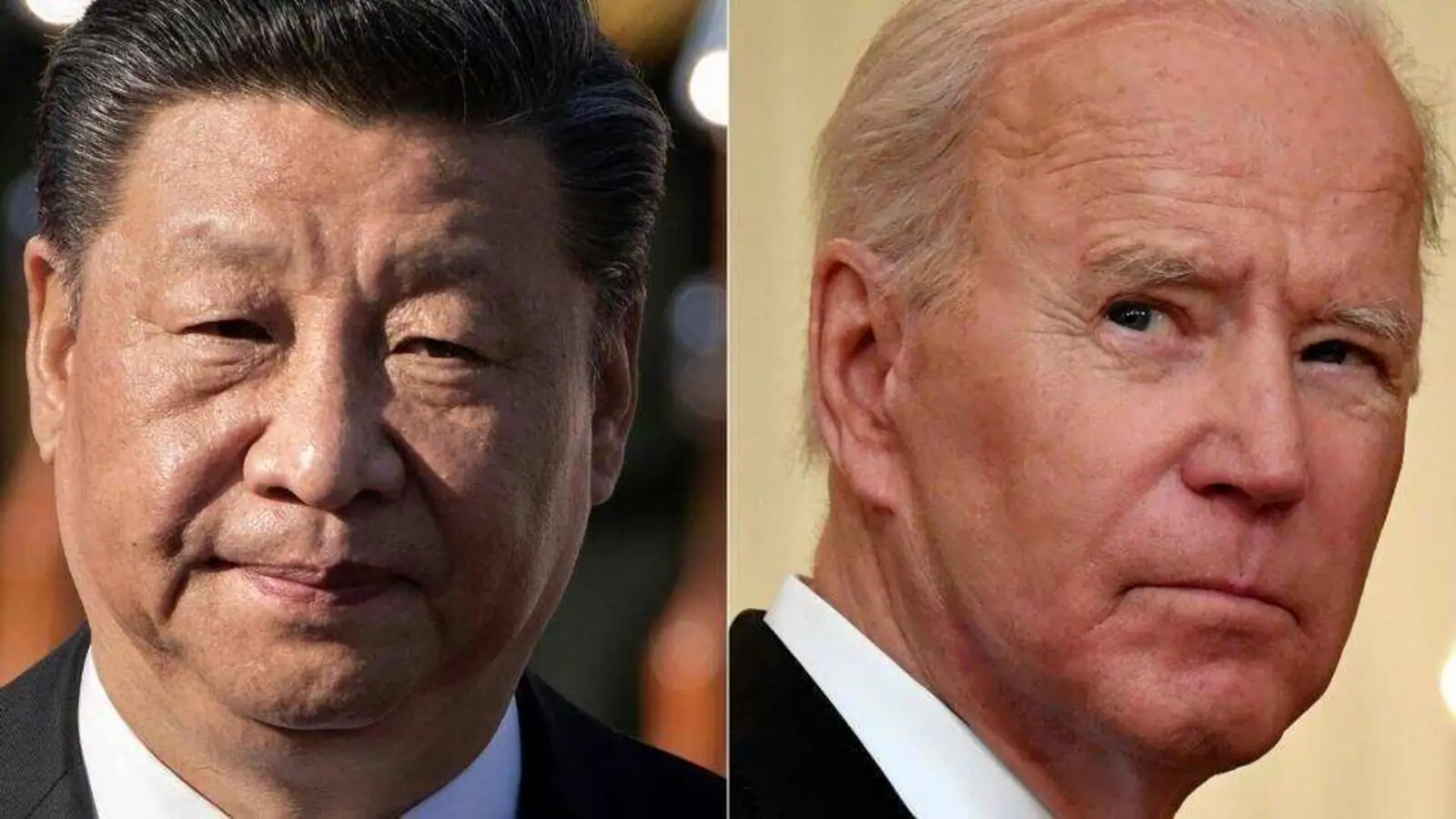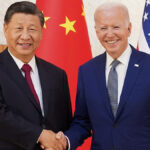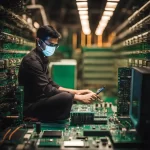Introduction:
In recent developments, the global semiconductor industry has become a focal point in the ongoing geopolitical tensions between the United States, China, and Russia. The strategic importance of advanced chip technology has prompted the United States to take measures to curb China and Russia’s military ambitions by pressuring its allies to limit the sale of high-end semiconductor equipment. This blog post will delve into the recent actions taken by South Korean semiconductor giants, Samsung Electronics and SK hynix, to halt the sale of second-hand semiconductor equipment in compliance with U.S. restrictions to china.
Follow us on Linkedin for everything around Semiconductors & AI
Background of Samsung, SK Hynix and China:
The semiconductor industry, known for its rapid technological advancements, witnesses frequent equipment upgrades by major players like Samsung and SK hynix.
Typically, these companies sell their outdated semiconductor equipment in the second-hand market.
Samsung and SK Hynix, two major chipmakers, have stopped selling their used chip-making equipment. The reason? They’re worried that this equipment might end up in China or Russia. The US has restrictions on selling advanced chip technology to China. Samsung and SK Hynix fear that even older equipment could violate these rules and invite US punishment. So, instead of selling this equipment, they’re choosing to store it.
Read More:Why Nvidia Thinks Free Isn’t Cheap Enough – techovedas
Samsung, SK Hynix and China
According to a report by the Financial Times on March 12, 2024, both Samsung Electronics and SK hynix have implemented a comprehensive stoppage of second-hand semiconductor equipment sales.
This decision aligns with the United States’ efforts to restrict China and Russia’s access to advanced chip technology.
The report highlights that the memory manufacturing process, characterized by swift iterations, results in frequent equipment turnover. Historically,such as Samsung and SK hynix would sell outdated equipment in the second-hand market.
Recent geopolitical pressures have prompted both companies to choose a cautious approach, opting to stockpile equipment in warehouses rather than risk being blacklisting by U.S. authorities.
Read More:Which Country is Winning the Quantum Computing Race? – techovedas
Impact on the Second-Hand Market:
The largest demand for second-hand semiconductor equipment typically comes from China. These tools are used in the production of mature process chips for applications such as automobiles and consumer electronics.
With the United States imposing restrictions on China and Russia’s access to advanced chips, such as the South Korean second-hand semiconductor equipment market has become a potential loophole.
These tools may find their way into the hands of semiconductor manufacturers in countries facing U.S. sanctions, contributing to the production of advanced semiconductor processes.
Read More:Micron to Supply HBM to Nvidia H200 GPUs : Shakes Up Market Leader SK Hynix and Samsung – techovedas
Challenges Faced by South Korean Companies:
Second-Hand Equipment Concerns: Used equipment, though not cutting-edge, can still be valuable for China. It could be used to:
- Boost domestic chip production: Even older equipment could help China ramp up its own chip manufacturing capabilities.
- Develop advanced chips: China might be able to reverse-engineer the technology in used equipment to develop their own advanced chips.
Samsung and SK Hynix, being major players in the global chip market and with significant US operations, are caught in the middle. They want to avoid violating US export controls and potentially facing sanctions.
Due to limited warehouse space and a pressing need to manage inventory, SK hynix has reportedly sold some obsolete semiconductor equipment recently.
However, these sales exclude equipment of U.S. origin, such as wafer thinning machines and etching equipment, as a precautionary measure to avoid crossing red lines set by U.S. authorities.
U.S. Exemptions and Diplomatic Efforts:
In October 2022, the United States implemented a chip ban on China, allowing a one-year exemption for Samsung and SK hynix to continue importing U.S.-made semiconductor manufacturing equipment for their Chinese operations.
Moreover, The South Korean government, through diplomatic efforts, successfully secured an indefinite extension of this exemption for Samsung and SK hynix, sparing them from the need to seek additional approvals from U.S. authorities.
Conclusion:
The recent actions taken by Samsung Electronics and SK hynix reflect the intricate intersection of geopolitics and the semiconductor industry.
As global powers compete for technological dominance,such as the control of semiconductor technology has emerged as a crucial battleground.








